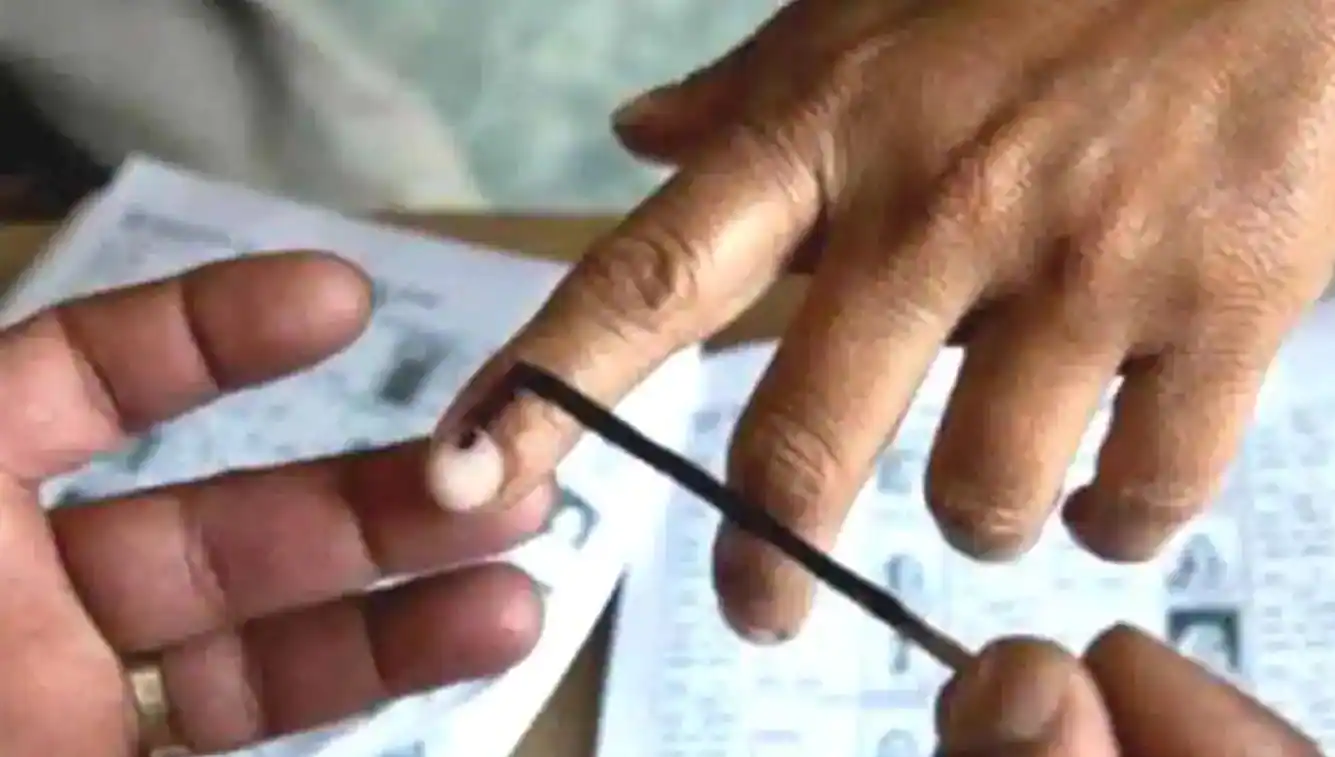In a clear indication that tariff wars are a thing of the past, Reliance Jio has recently withdrawn a 20% discount on one of its annual prepaid pack it was offering to JioPhone subscribers.
Jio, along with other operators like Bharti Airtel and Vodafone Idea, had raised tariffs in December 2021. Despite the hike, Jio’s tariffs on an average were lower than the other two operators. With the withdrawal of the discount offer the gap has narrowed, which gives the other two operators room to raise tariffs.
In December 2021, while raising tariffs, Jio had come out with a yearly Rs 899 pack offering unlimited calls and 2GB data every month. Subsequently, it had offered new and existing users a 20% discount, so the effective outgo for a subscriber was Rs 749. With this discount withdrawn, the subscriber monthly spend on this pack has increased from Rs 62 to Rs 75.
With the December tariff hike, all three operators have witnessed churn and lost subscribers. But this has been at the lower end of the spectrum, that is of users whose monthly spends are low and therefore do not contribute much to average revenue per user (Arpu). This is why Arpu of all operators, including Jio, improved on a sequential basis during the January-March quarter.
Analysts maintain that with the withdrawal of the discount, Jio would not face much increase in churn, because its tariff is still lower than Bharti and Vodafone. It would also work to the advantage of the other two operators as the gap between their tariffs and Jio’s has narrowed, so subscriber churn from them to the other two would also be limited.
“The increase in JioPhone tariffs even in the annual plan will abate risk of subscriber loss for Bharti and Vodafone Idea … We believe RJio’s tariff aggression, which was earlier aimed at gaining market share, has likely shifted as RJio has been raising tariffs successively with intervals to incumbent,” brokerage CLSA said in its report.
Vodafone Idea MD and CEO Ravinder Takkar had recently told FE that he does not see the return of tariff wars as no operator is going to gain anything from it. “Tariff war used to happen for a purpose. A new entrant wanted to gain market share, with that happening, I don’t expect any such war,” Takkar had said.
Gopal Vittal, MD and CEO of Bharti Airtel (India and South Asia), has always said tariffs need to go up and the company would not be shy of making the first move when it feels the time is right. Takkar also echoed Vittal’s sentiments.
After Bharti’s January-March earnings,Vittal had said another round of tariff hikes was required to reach the company’s stated target of an Arpu of Rs 200 this fiscal. He had reiterated that tariffs at the current level are still very, very low. “I think we’ve been consistent in saying that we need to reach Rs 200. This will require at least one more round of tariff increase, because the gap between where we are and Rs 200 is about Rs 22. Even though you may see some Arpu increases with the natural upgradation and growth of postpaid that we see in our business, that’s not going to be adequate to cover that bridge in the shorter term. So, I think one round of tariff increase will take us into the Rs 200 area, and then getting to Rs 300 will be over a period of time,” he had said.
Takkar had told FE there is “optimism on tariff rise as telecom is an essential service” which has a small share of the overall wallet. “The young are willing to spend more on digital services. Vodafone Idea will not be shy to take the first step and I am still not shy. It’s promising to see that other players are also thinking about it and if somebody takes the leap, I would be a first mover.” On Arpu, Takkar had said he would like to reach Rs 200 in the short term and then Rs 250. “One tariff hike is required to reach the Arpu of Rs 200 in current fiscal,” he had said.
At the end of FY22, Bharti’s Arpu was Rs 178, Jio’s Rs 167.6, and Vodafone Idea’s Rs 124.















